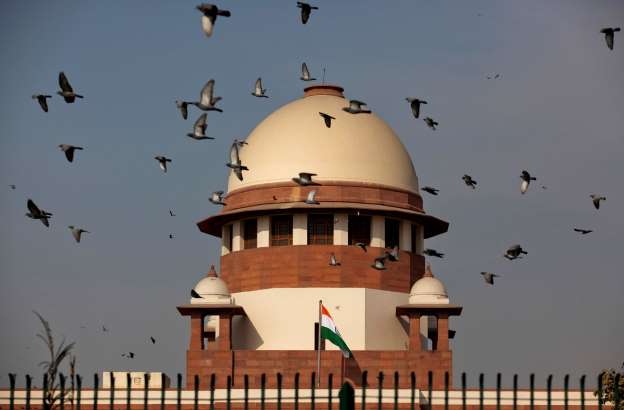It was Aristotle, who once said that ‘Law is reason free from passion.’ Unfortunately, as has been seen in the case of the latest Bharat Bandh post the Supreme Court’s March 20th judgement which ironically was simply aimed to arrest the punitive aspect of the stringent SC/ST (Prevention of Atrocities) Act, it has become abundantly clear that there is an immense pressure from a certain faction that threatens to catapult passion to override reason. Of course, whether or not the courts will succumb to such pressure tactics or not is something that the public, the politicians and the dead philosopher will be waiting for with bated breath.

Of course, what is curious to note is how the entire sequence of events have unfolded right in front of our own eyes. In the centre is, of course, the law itself which honestly still remains as is, i.e. untouched. What, however, has changed is the provision for arbitrary arrest! Thus, let us focus our attention to the most important aspect of the scenario — the law itself.
This is not the first time that the judiciary has stepped in to prevent the misuse of a certain law in the recent times. In fact, last year itself, the Supreme Court issued guidelines to prevent the blatant misuse of the punitive sections of 498A of the Indian Penal Code. In that case too, the judiciary had advised against arbitrary arrest, keeping in mind the numerous instances of misuse that had been reported. Interestingly and coincidentally, the two judge bench then comprise of the same two judges as now, that is Justices AK Goel and UU Lalit.
Even though the Centre succumbed to pressure in the wake of the violent protest and filed a review petition, truth is the judiciary cannot afford to give up on its judicial brain and allow sentiment to dictate rationality.
Speaking completely from a jurisprudential viewpoint, we need to keep a few things in mind when it comes to the spirit of the legal framework of this country.
First and foremost is the most sacred principle of the Indian criminal justice system that actually comes to us through the Universal Declaration of Human Rights (UDHR) — the Presumption of Innocence, or what is more popularly referred to as “Innocent until proven guilty.”
So great was India’s commitment to the principles of human rights that they even found a space in our Constitution. Which is why, by allowing for arbitrary arrests to happen, be it in the case of section 498A or the SC/ST (Prevention of Atrocities) Act, we were actually guilty of violation of the UDHR and our own Constitution. That too when India is not only a signatory to the six core human rights covenants, it actually played an active role in drafting of the declaration.
Hence, all that the two judges have done in the present instance is to right a wrong that was being committed against the Constitution. And that, in fact, is all that the judiciary is guilty of (Pun, you can bet on the ultimate dismissal of the review petition, is judiciously intended).































